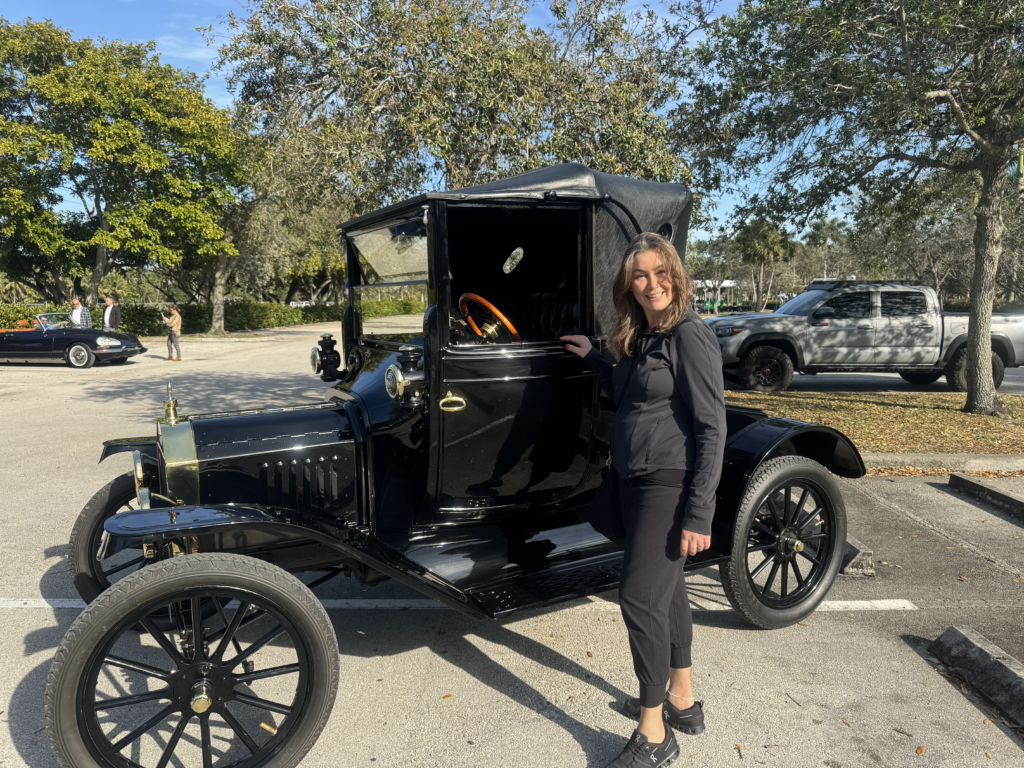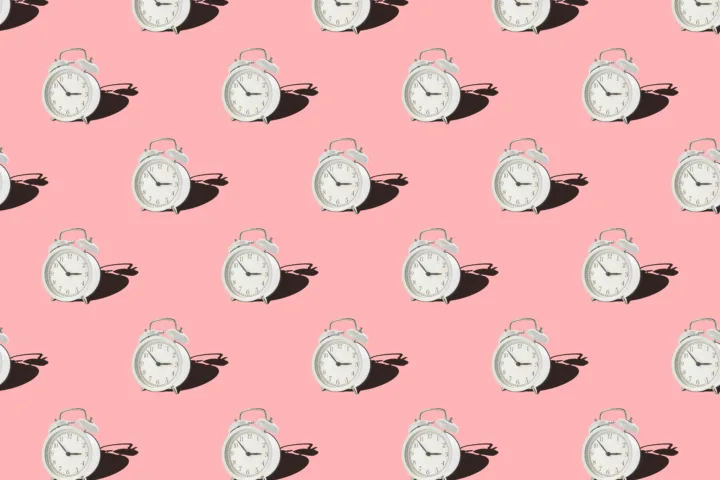Long hours on the job can temporarily ease the symptoms of depression and anxiety. But you’re better off leaving the office and facing your feelings head-on.
Arthur C. Brooks, The Atlantic
Attention to all hardworking women: have you ever paused to ponder whether your relentless dedication to work might be more than just diligence? According to Arthur Brooks, a prominent voice from The Atlantic, there exists compelling evidence suggesting that some individuals utilize work as a means to cope with their emotional struggles, potentially leading to a form of addiction. This isn’t just speculation; numerous studies have delved into this topic, consistently revealing a robust correlation between workaholism and symptoms of psychiatric disorders such as anxiety and depression. While conventional wisdom often attributes these conditions to excessive workloads, recent insights from psychologists have introduced a paradigm shift, proposing reverse causation—where individuals may turn to workaholic behavior as a way to alleviate their pre-existing depression and anxiety.
But how exactly can work, something seemingly positive transform into a harmful addiction? To shed light on this phenomenon, Brooks shares a thought-provoking example provided by Stanford psychiatrist Anna Lembke, renowned for her work on addiction and authorship of “Dopamine Nation: Finding Balance in the Age of Indulgence.” Lembke suggests that even behaviors traditionally viewed as healthy and adaptive can undergo a troubling transformation, becoming ‘drugified’ in the process—rendering them more potent, accessible, and alarmingly addictive. Picture this: sneaking away to check work emails during precious moments of personal time, a habit that resonates with far too many of us.
Indeed, many of us can personally relate to this struggle. I, for one, can attest to the allure of being constantly connected to work, even during moments designated for rest and rejuvenation. It’s a habit that warrants introspection and corrective action.
Furthermore, Brooks astutely observes that society often rewards addictive work behavior. While indulging in excessive drinking or other forms of substance abuse would undoubtedly be met with concern or disapproval, putting in long, grueling hours at the office is often hailed as a badge of honor, potentially leading to promotions and accolades. It’s a concerning dynamic—one that not only perpetuates the cycle of overwork but also reinforces the notion that one’s worth is intrinsically tied to productivity and professional success.
✿ Thank you for reading!
Subscribe to be our bestie, no spam—just good vibes once a month.
To address this pervasive issue of work addiction, Brooks turns to insights gleaned from his colleague at Harvard, Ashley Whillans, whose expertise lies in the intersection of time, money, and happiness.
Together, they explore potential solutions and strategies aimed at reclaiming a healthier work-life balance—one that prioritizes well-being without sacrificing professional ambitions.
As we navigate the intricacies of modern-day work culture, it’s imperative for us, as working women, to heed these warnings and actively seek out avenues for self-care and fulfillment beyond the confines of our professional lives. So, let’s read the article, armed with knowledge and determination, as we strive to cultivate a more sustainable and fulfilling approach to work and life.
By Arthur C. Brooks, The Atlantic
Click and read the full article.
✱ If you liked this article, please share it with a friend who could use inspiration.
If you have a topic in mind or a story to share anonymously or with your name, email us at team@she.work









